Board of Appeal returns SU grants to suspended students: “There was no legal basis for terminating the payment of SU”
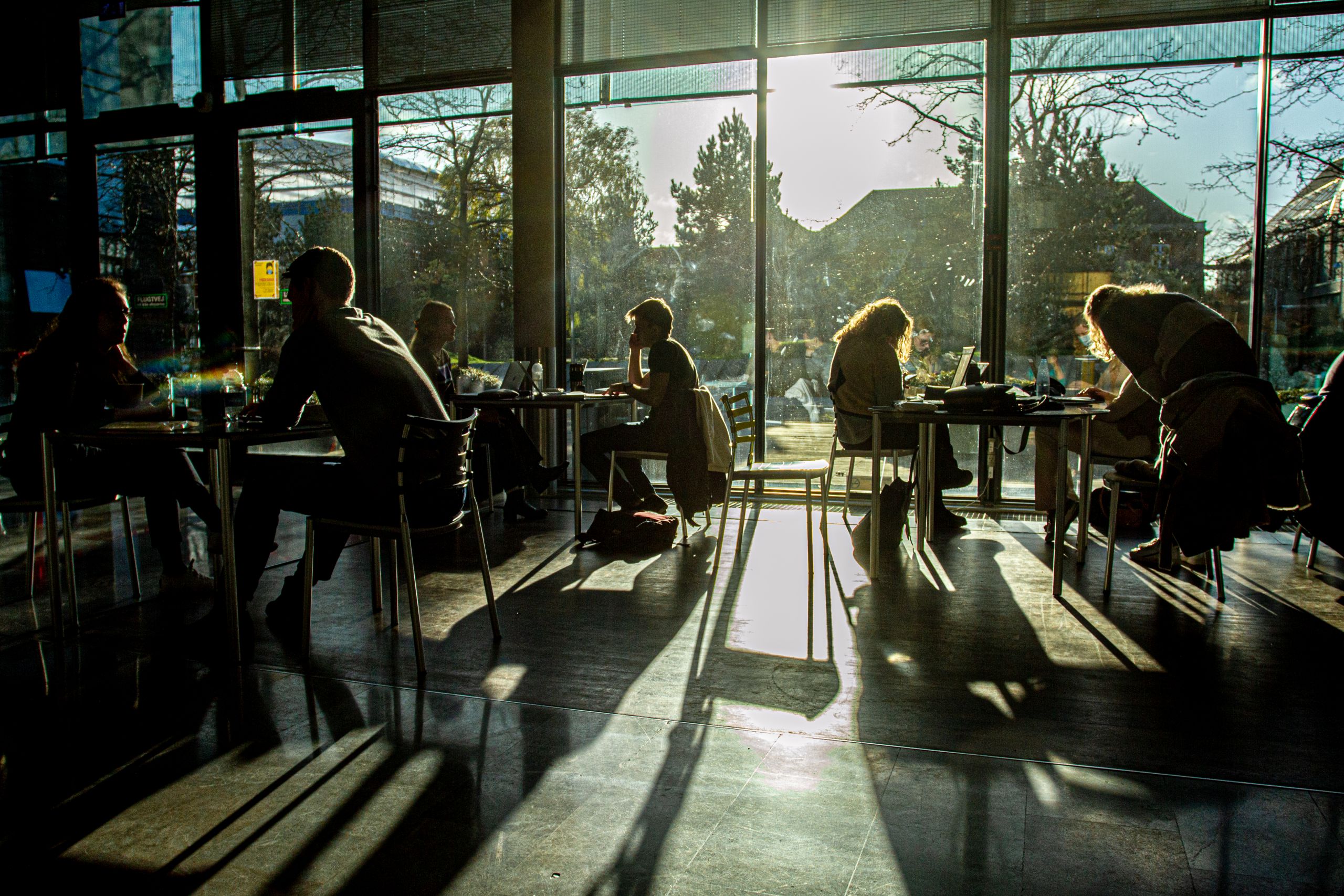
(Photo: Anna Holte)
The Danish Agency for Higher Education and Science ordered that 25 CBS students could not receive student grants (SU) while temporarily suspended, but the Board of Appeal has found that “an authority cannot sanction a citizen by, for example, removing financial support without a clear and unambiguous legal basis”. The students have twice experienced mistakes concerning their rights to SU.
The 25 students who were temporarily suspended from CBS for up to two exam periods “for violating rules for intro and CBS’ rules and regulations” have, during their suspensions, not been eligible for state educational grants (SU). And that is a mistake. (See fact box)
A handful of the temporarily suspended students complained in February 2020 to the Board of Appeal (Ankenævnet) about the Danish Agency for Higher Education and Science’ decision to consider the students ineligible for SU. In September, the Board of Appeal reached a decision.
In a letter to the agency, the Board of Appeal emphasized that although the students were not actively studying, there was no right to remove their financial support. Some of the students had missed out on eight months of SU. In the decision, the Board of Appeal writes:
“We note that, in our opinion, there was no legal basis for terminating the payment of SU during this period.
In this regard, we have focused on the rule of law that an authority cannot sanction a citizen by, for example, removing financial support without a clear and unambiguous legal basis.
We therefore find that there is no basis for deeming that the complainants are not undergoing education during the suspension period.
With reference to the decision, we have, among other things, prioritized that in other cases, students can receive SU even while not actively participating in the education program for a period, for example in connection with illness.”
In September, Anne Mette Hou, Head of Student Affairs, received an email from one of the students who had sent an appeal to the Board of Appeal. Attached to the email was the decision from the Board of Appeal.
Anne Mette Hou explains that upon reading the email, she reached out to the Agency for Higher Education and Science for an explanation.
“CBS has only been made aware of the mistake because a student reached out to us. We looked into the case and then contacted the other affected students and told them about the decision from the Board of Appeal, which we, together with the agency, decided covers not only those who complained about the decision. We explained to the students that if they wanted to receive SU for the suspension period, they could. However, in the meantime, some have worked so much that they would have to pay back the SU, so they declined it,” she says.
All the temporarily suspended students have returned to CBS this semester.
The article continues after the box.
Termination of enrolment was a mistake
This is not the first time there has been uncertainty about the temporarily suspended students’ right to SU.
When CBS temporarily suspended the 25 students in December 2019, their enrolment was terminated, which consequently meant they were not eligible for SU.
In January 2020, however, the Danish Agency for Higher Education and Science informed CBS that it is not possible to terminate their enrolment, which would reinstate their right to SU. Unfortunately, the enrolment termination had already had grave consequences.
Students had lost their dorm rooms, SU and the possibility of applying for internships and exchange programs on equal terms with their fellow students. Back then, CBS WIRE asked the President of CBS, Nikolaj Malchow-Møller, if CBS would help the students. CBS did not respond to the questions but issued a press release on the matter on Tuesday January 28.
“The addendum to the original decision means that the students can now apply for a period of study abroad on equal terms with other CBS students, even if they have been temporarily suspended, as long as the period of study is after the suspension period has ended. The addendum might also impact on conditions outside the influence of CBS, e.g. the students’ current housing situations and their access to SU during the suspension period,” the press release stated.
When the agency made CBS aware that it had no authority to terminate the enrolment, CBS issued a press release on the matter. Anne Mette Hou then reached out to the Agency for Higher Education and Science to ask whether the students could receive SU. On February 6, the students received an email from CBS stating that the students could not receive SU, based on the agency’s judgement.
“So we told the students that they could not receive SU. To my knowledge, six students then appealed the agency’s decision to the Board of Appeal,” she explains.
Some students believe that it was in CBS’ interest to deny them SU?
“From an SU perspective, we have done whatever we could to help the students and guide them in this, and we have done so based on information provided by the Agency for Higher Education and Science. We have had no interest in saying to the students that they could not get SU. If the agency had told us that they were allowed to receive SU, we would have complied,” she says and continues:
“In that sense, it’s regrettable that it takes so many months for the Board of Appeal to reach a decision, which reflects back on the agency. And it’s equally regrettable that a student had to make us aware of this and not the agency itself.”



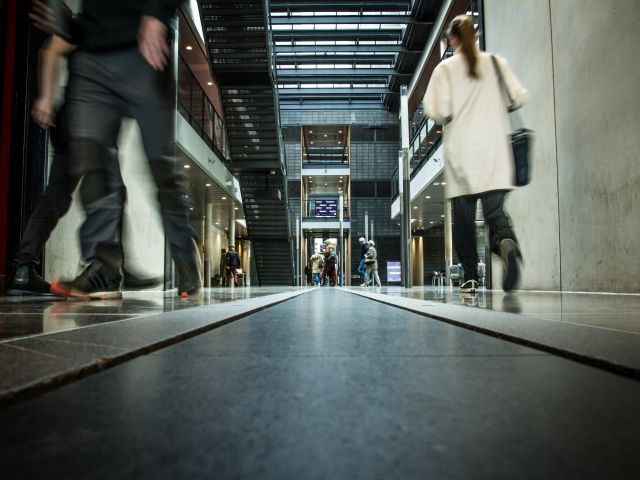
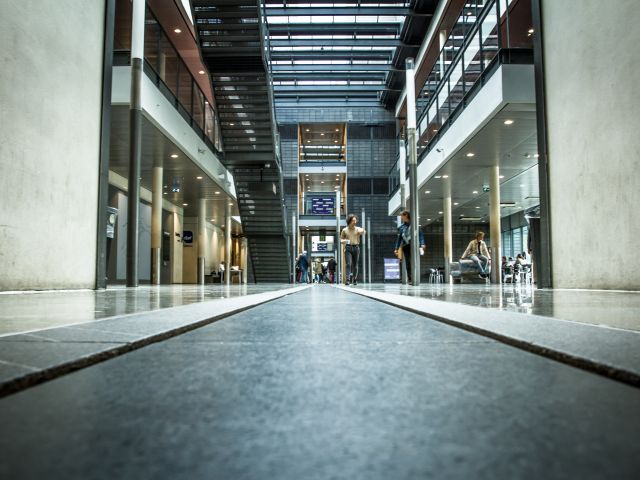
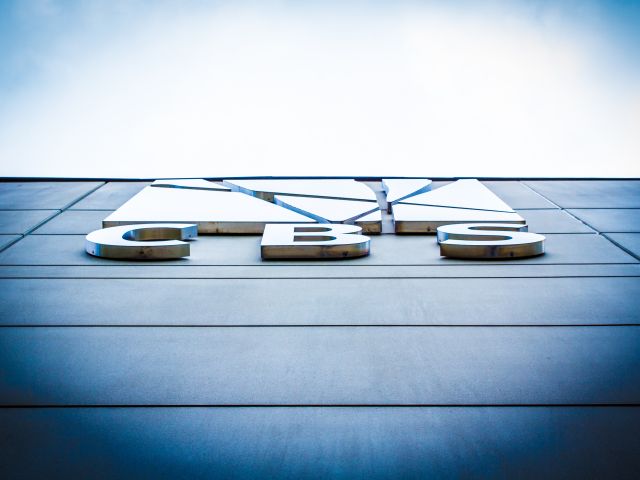
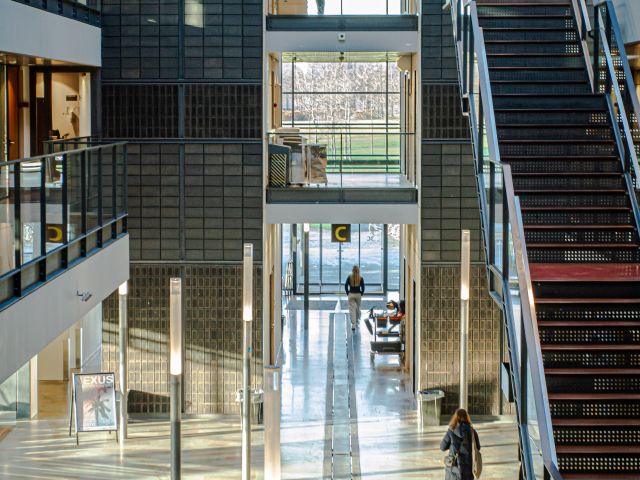
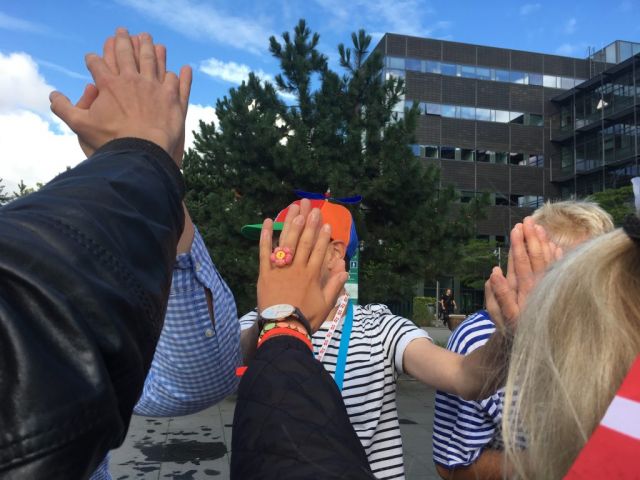
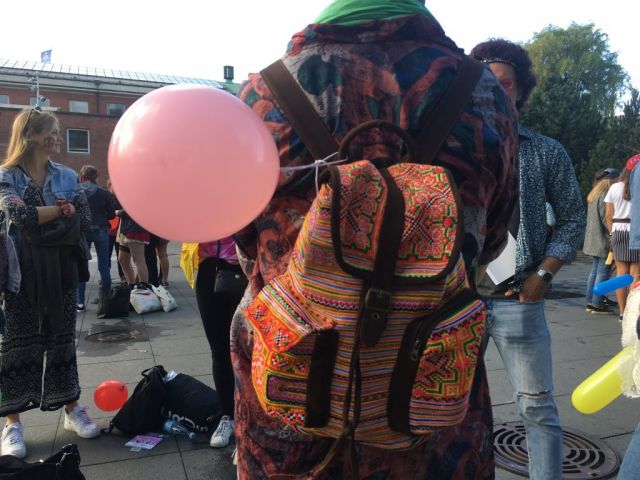
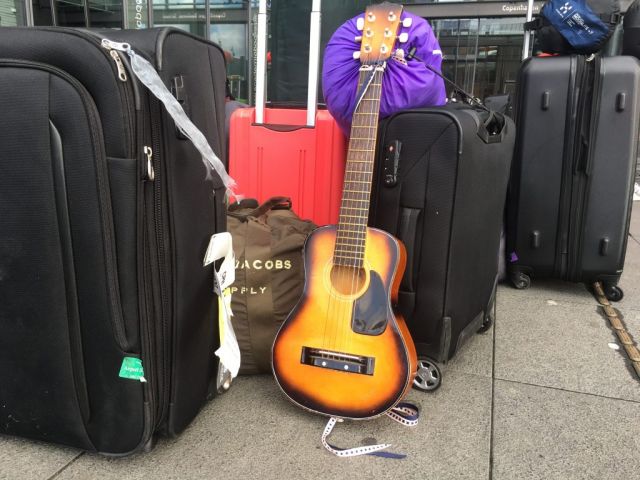
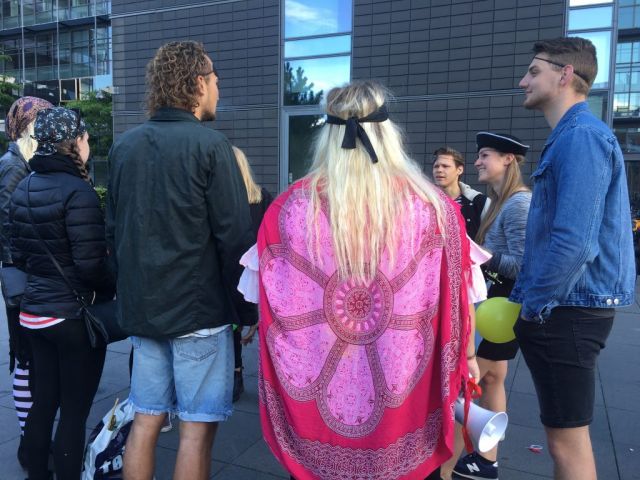
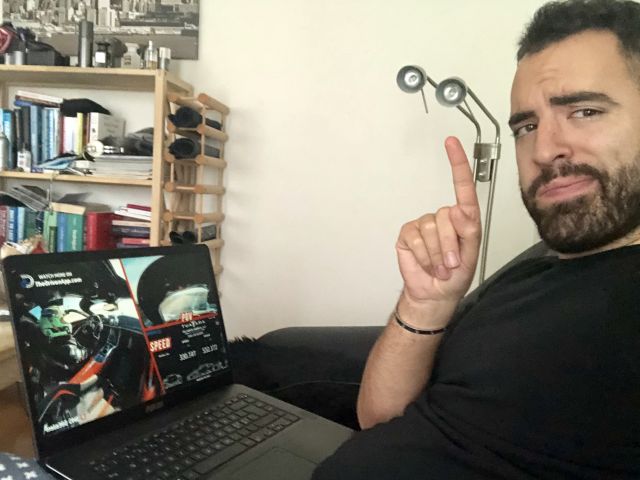





























































































































Comments